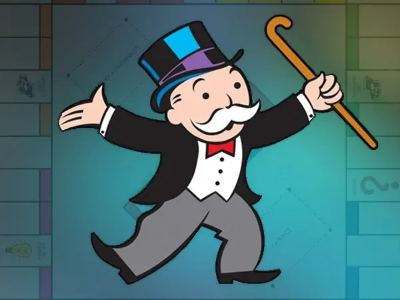Center for Life Enrichment
Life Enrichment Opportunities through Education, Art and More!

Center for Life Enrichment
Life Enrichment Opportunities through Education, Art and More!

Start date: Thursday, August 7 2025.
Schedule:
Thursday, 10:00 AM - 12:00 PM ,
Resource person: Audra Bullard - office@clehighlands.com
Description:
Thoughtful Americans have long resented special privilege and foreign domination. For much of U. S. history, one word—monopoly--symbolized both of these perils. To combat these perils, journalists —in conjunction with jurists, government officials, social scientists, and business people—have popularized an anti-monopoly vision that has shaped law, public policy, and popular culture. This illustrated lecture (with lots of cartoons) surveys the long history of journalistic representations of big business in U S. history. Why is big business so often represented as an octopus? What about “Mr. Money Bags”—the comic figure in the popular board game “Monopoly”? Anti-monopoly is often conflated with the “big is bad” ethos identified with an 1890 law known as the Sherman Act. This is misleading. The journalistic critique of big business in U. S. history is much more capacious. In 1904, for example, journalist William Randolph Hearst ran for president on a platform that was anti-trust, but pro-municipal ownership. The journalistic indictment of big business—in cartoons, fiction, and oratory, as well as the law—offers us a window on one of the most enduring political impulses in American history. In this lecture, we will not only see how, but also why, this indictment mattered in the past, and how it can help us think more constructively about plutocracy, health care, finance, digital media platforms, and the “tech-industrial complex” of the present. Richard R. John is a Professor of History and Communications at Columbia University. He specializes in the history of business, technology, communications, and American political development. He teaches and advises graduate students in Columbia’s Ph.D. program in communications at the Columbia Journalism School and is a member of the core faculty of the Columbia history department, where he teaches courses on the history of capitalism and the history of communications. His publications include many essays, eight edited books, and two monographs: “Spreading the News: The American Postal System from Franklin to Morse” (1995) and “Network Nation: Inventing American Telecommunications” (2010). He has a B.A. in social studies, a M.A. in history and a Ph.D. in the history of American civilization, all from Harvard University
Notes: Cancellation Policy Please let us know immediately if you are unable to attend a class. There is no refund for cancellations within two (2) weeks prior to a scheduled class. Programs that include food, beverage or art materials must be canceled within three (3) weeks prior to receive a refund. CLE reserves the right to cancel a program if the minimum enrollment has not been met or for circumstances beyond our control, and participants will be notified, a complete refund will be issued. All classes are held in the CLE Lecture Hall at the Peggy Crosby Center unless otherwise noted. In the event information has changed from the published brochure, it will be posted on our website and in our e-blasts. Addresses for “private home” venues will be provided to registrants within 2 days of the program date.
Share this activity:
This activity allows for drop-ins. Pick your choice in the calendar to register.
Amilia uses cookies to enable some features, as well as collect data to improve your experience. You can customize which cookies you accept and learn more about our Cookie Policy.